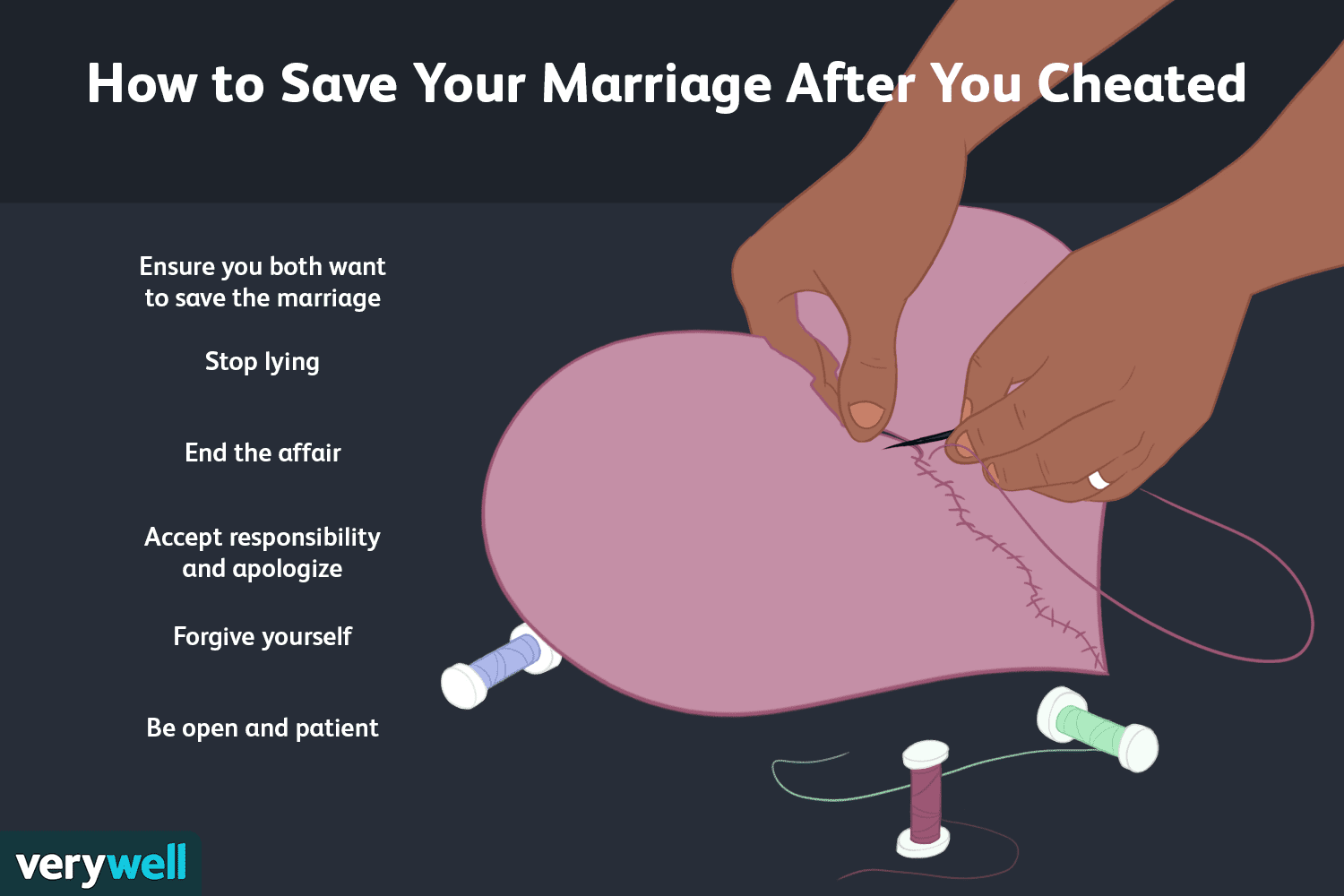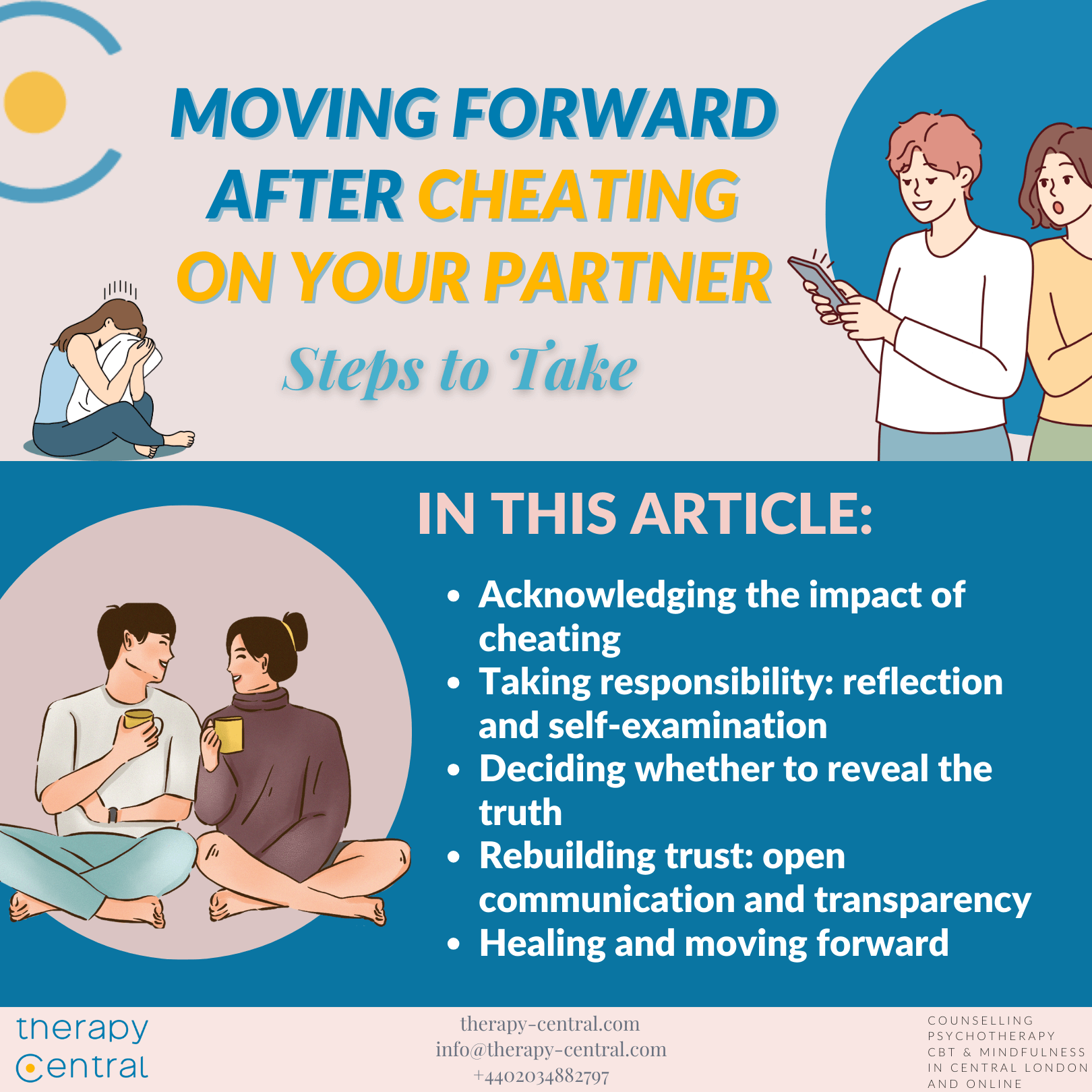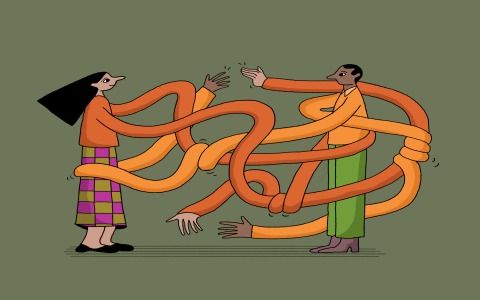When a partner is unfaithful, the emotional turmoil can feel overwhelming. Trust is shattered, and feelings of betrayal can create a deep chasm in the relationship. However, the journey towards forgiveness is not only possible but can also be a transformative experience for both partners. Understanding how to navigate this challenging landscape requires patience, open communication, and a commitment to personal and relational healing.
Forgiveness begins with acknowledging your emotions. It’s perfectly natural to feel angry, hurt, or confused after discovering infidelity. Allow yourself to experience these feelings without judgment. Bottling them up can lead to more significant issues down the road. Journaling or speaking with a trusted friend may help clarify your thoughts. Recognizing these emotions as valid is a critical first step in the healing process.

Once you’ve begun to process your feelings, consider discussing them with your partner. Open communication is vital. This conversation should not merely center on accusations but rather focus on understanding. Explore the motivations behind their actions and share how their betrayal has affected you. This dialogue can provide a foundation for rebuilding trust. It’s essential that both partners approach this conversation with a willingness to listen and reflect. Without honest communication, the path to forgiveness becomes even more challenging.
It might also be beneficial to evaluate the context of the cheating. While infidelity is never justified, understanding the circumstances surrounding it can provide insight. Perhaps your partner was going through a personal crisis, or there were unmet needs in the relationship. This isn’t to excuse their actions but to paint a fuller picture. Discovering the factors that contributed to the infidelity may help you both identify areas that require attention and growth. Look at it as an opportunity for both of you to gain deeper insights into your relationship.
Seeking professional help can be a wise choice during this tumultuous time. Couples therapy can offer a safe space to explore feelings, communicate effectively, and rebuild trust. A therapist can guide both partners through this difficult terrain, providing strategies that can foster healing and understanding. Having an unbiased third party can alleviate some pressure and facilitate more constructive conversations. Professional support often proves invaluable in navigating such complex emotions.
In the process of forgiving, it is crucial to set boundaries. Understand what you need from your partner moving forward to aid your healing. Whether it’s more transparency, consistent communication, or time apart for reflection, be clear about what will make you feel secure and respected. This not only helps in rebuilding trust but also validates your feelings and needs. It’s essential to foster an environment where both partners can express themselves and work towards rebuilding a stronger relationship.
As you continue on this journey, practice self-compassion. Forgiveness doesn’t mean forgetting. It’s essential to give yourself grace, allowing time to heal without rushing the process. You might revisit feelings of hurt or anger as you work through this emotional landscape, and that’s entirely normal. Recognizing that healing is not linear can help alleviate the pressure you may feel. Embrace the idea that you are on a personal journey, and it’s okay to take the time you need.
Once some progress has been made, it’s time to contemplate the future. Can the relationship be rebuilt stronger than before? Reflect on what you both want moving forward. Discuss your goals as a couple and reignite the passion or connection that may have diminished. This may include planning activities together, focusing on communication, or establishing routines that promote intimacy.
Ultimately, the process of forgiveness is unique to each individual and relationship. While some couples emerge from the experience with renewed strength, others may find that moving on separately is the best path forward. Recognizing that each outcome is valid is crucial in navigating this journey. Choosing to forgive is a gift you give to yourself, liberating you from the heaviness of resentment.
Embracing forgiveness can pave the way for not only healing the relationship but also fostering personal growth and resilience. It is a journey that, despite its difficulties, can cultivate a deeper understanding of love, commitment, and human experience.




